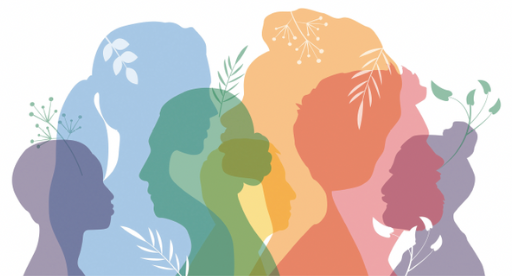MentalHealthLiteracy.org
In an era where mental health is increasingly recognized as a critical component of overall well-being, MentalHealthLiteracy.org emerges as a vital resource. The organization and the website are dedicated to enhancing understanding and awareness of mental health, providing valuable information and tools to a wide audience.
Here’s what you can find on MentalHealthLiteracy.org:
• Educational Resources: The site offers comprehensive articles and research findings, making complex mental health topics accessible to everyone.
• Guidance for Various Audiences: Whether you’re a teacher, parent, healthcare provider, or someone seeking personal knowledge, there’s something for you.
• Symptom Recognition and Support Strategies: Learn to identify signs of mental health issues and find effective ways to offer support.
• Advocacy and Awareness: The platform actively promotes mental health awareness, aiming to reduce stigma and influence positive policy changes.
• Credible and impactful resources: Built by partnering with professionals and organizations.
• Interactive Tools: Engage with quizzes and self-assessment tools to deepen your understanding of mental health.
MentalHealthLiteracy.org breaks down barriers enabling a more informed and empathetic approach to mental health. Part of improving mental health literacy is making sure we are using the right words to describe the various components of mental health and mental illness.
Understanding these differences is crucial for obtaining the right kind of help when needed, avoiding unnecessary treatment, and expressing our feelings clearly through the language we use with others.
It’s important to note that while the website is a fantastic educational resource, it does not replace professional medical advice or treatment. Always consult healthcare professionals for personal medical concerns.
The Inter-Relationship of Mental Health States: Language Matters:
- Mental Disorder / Illness: Depression
- Mental Health Problem: Heartbroken, sorrowful, demoralized, grieving, mournful, despairing
- Mental Distress: Upset, annoyed, sad, unhappy, disappointed, disgusted, angry, bitter, blue, down, sorry, glum, forlorn, disconsolate, distressed, dejected
- No Distress, Problem or Disorder: Pensive, thoughtful
Courtesy of mentalhealthliteracy.org
The Big 5 (+1) for Mental Health
Research continues to support a handful of basic lifestyle factors that help keep us mentally healthy. The Big 5 (+1) are interconnected. Making improvements in one area often helps with the others too!
- Reduce Substances: Brains and bodies agree that lowering intake of substances such as alcohol and drugs goes a long way for building strong mental health.
- Restorative Sleep: Sleep has numerous mental health benefits, including helping to retain new information and manage emotions. During deep sleep our brain even cleans itself.
- Physical Activity: One of the best ways to manage stress is to get active. Physical activity can also play an important role in mental health treatments.
- Healthy Eating: A well balanced diet gives our bodies and brains the power and nourishment they need. Healthy eating is about keeping our bodies and brains strong for now and for the future.
- Social Connections: Good quality relationships and a reliable support network can help us live fulfilling lives and cope better when challenges arise.
- Helping Out: Helping out through big or small actions can reduce stress and improve mood – good for us and good for them!
The Inter-Relationship of Mental Health States: Language Matters Courtesy of mentalhealthliteracy.org



